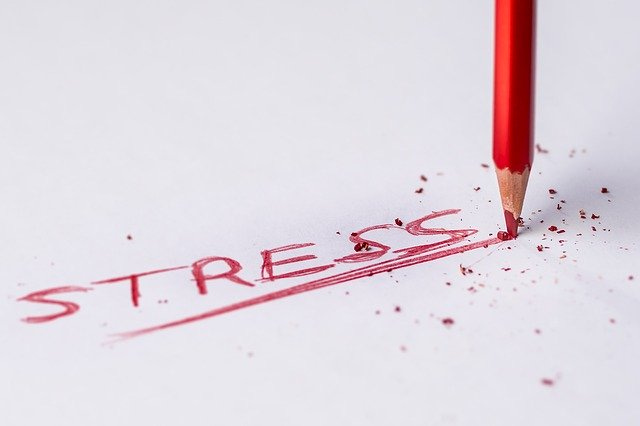When Stress Spikes, the Mobile Caregiving Unit Takes Action
If we could track family caregiver stress by zip codes, we could target help, support and supplies to make a difference.
In November of 2014, I started to focus on caregiving stress, believing it to be an overlooked epidemic in our communities. Throughout 2015, I advocated for the Centers for Disease Control and Prevention to track family caregiver stress like we do other health conditions.
As part of my advocacy efforts, I wrote blog posts about what can change when we track family caregiver stress by zip codes. I imagined what could be.
In one blog post, I wrote that tracking family caregiver stress ensures we can deploy resources and help to areas with a stress outbreak. Perhaps a local nursing home, adult day service or hospital closes. Maybe an employer lays off staff, leaving some family caregivers out of work. Perhaps the long summer months makes caregiving responsibilities that much harder for those in the sandwich generation.
With insights into a stress spike and the reasons why, we can send supplies and a support team including nurses, activity directors, physical therapists, occupational therapists and Certified Caregiving Consultants (CCCs). While nurses and therapists provide check-ups and evaluations for carees, the CCCs meet with family caregivers to create plans and strategies. Most important, the CCCs listen to the experiences of the family caregivers so they have an opportunity to release what weighs heavy on them. The Mobile Caregiving Unit also provides respite services so family caregivers can take time for themselves.
Six years ago, this idea seemed absolutely improbable.
Then the pandemic hit and we had to mobilize as a nation to provide vaccinations. We had a severe shortage of vaccines in the Chicago area, which meant I could finally get appointments for my parents when the city turned the United Center, our venue for our pro basketball and hockey teams, into a mass vaccination site staffed by the Army's 101st Airborne Division. In March, we headed to the United Center on a Sunday morning where we experienced efficiency, caring and what can be. When we arrived at the parking lot, wheelchairs and escorts were ready for us. Staff constantly updated us on where to go and what to expect. An army medic vaccinated my parents and 15 minutes later we were out the door with wheelchair escorts who accompanied us all the way back to our car. In April, we returned to a similar experience.
Of course, the immediate need was to get my parents vaccinated. What I didn’t expect was the vaccine shot to meet our emotional need — to feel connected to hope and support and compassion. We left feeling good about the shots and feeling enormously hopeful about our country and our future. The vaccine for COVID gave us a much-needed shot of hope. While our adventure to the United Center took less than an hour, the lingering feeling of wonder because we connected with individuals truly committed to the well-being of others remains. That memory gives me a sense of calm and comfort. That memory reduces my stress.
Although the CDC didn’t act on my recommendation to track family caregiver stress, I decided I would. I began tracking family caregiver stress in December 2015. Currently, the stress number is 4.13 on a scale of 1 to 5 with 5 being the most stressed. A recent respondent to our stress survey wrote, “I live 2 .5 hours away (from my caree) but am the closest, only daughter. Also recently lost my brother to cancer, and (am dealing with the) stress of COVID.”
Since I’ve launched the survey, the stress number consistently lands around 4.13 and 4.14. It’s never been lower than 4.13. That says to me that family caregivers bring chronic stress into each of their days. That’s a tremendous health risk for family caregivers and for our health system. How will we care for millions of family caregivers when their stress turns into chronic health conditions?
We can mobilize to support family caregivers in need. I believe we must.
What do you think?
Resources
I write more about what led me to focus on caregiving stress in my new book, Healing Words: Soothing Strategies for Your Caregiving Fatigues, out on May 3. Pre-order your copy.
Tell me about your stress, your compassion fatigue and the financial impact of your caregiving experience.
Join our Campaign to ACT and sign our petition to use funds for caregiving research to include support for family caregivers.
Be sure to subscribe, below, to receive Caregiving Reflections on Sunday mornings.




